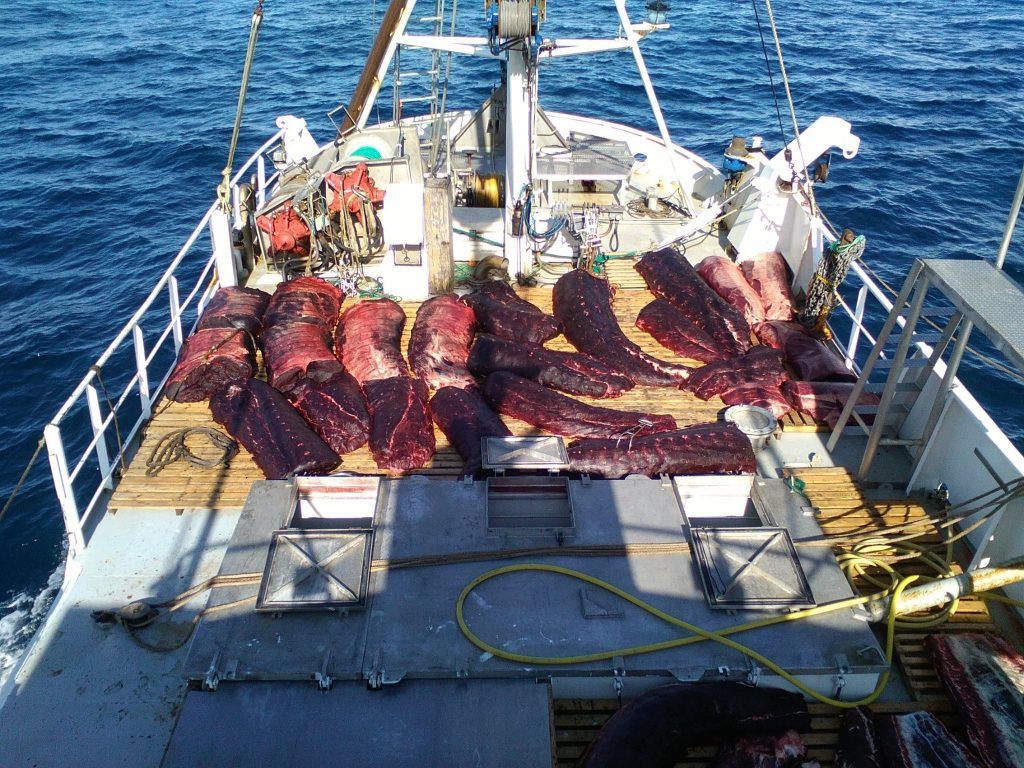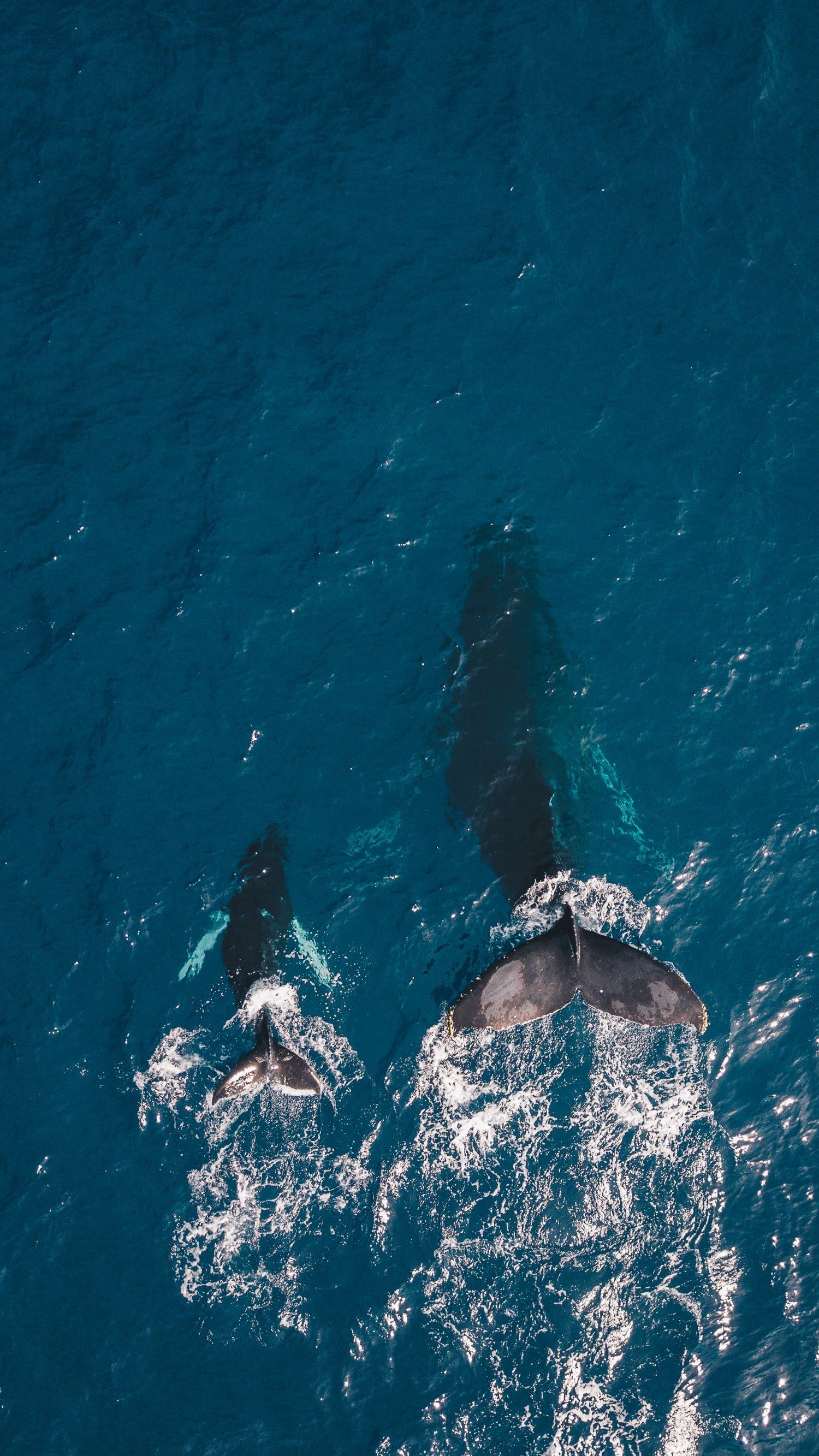NORWAY KILLED MORE MINKE WHALES IN 2021 THAN IN THE LAST 5 YEARS!
SARA MAROLT | 05 October 2021
The most recent whale hunting season in Norway has resulted in the slaughter of over 570 minke whales, the highest number of minke whales killed since 2016, despite the growing global concern for climate, sustainability and ethics, particularly among younger generations.
Image by Walfang Norwegen 04_C_MichaelTenten-IMMCS.WDC.
Just weeks after the largest killing of dolphins in Faroe Islands, following the end of the Norwegian whale hunting season on September 27th, the news broke that 575 minke whales (Balaenoptera
acutorostrata) were killed this year in Norway. Fourteen vessels participated in the hunts this year, according to the Norwegian Fisherman's Sales Organisation. Norway also set a higher quota this year than previous years (Table 1).
More whales were killed this year, despite continued opposition to the un-sustainable and unethical tradition by environmental NGO's, animal rights activists, climate activists and scientists from across the globe. Read more about Norway's whaling practices and their governments stance
here.
With the introduction of the International Whaling Commission (IWC) resulting in the moratorium on commercial whaling in many countries around the world, we have seen a slow increase in whale populations such as the humpback whale (Megaptera novaengliae). However, with a rapidly changing world, cetaceans in Ireland and the greater North Atlantic, now face new dangers including climate change.
Deep diving and migration patterns demonstrated by whales largely influences marine ecosystem processes. New climate change concerns pose an immense threat to vital ecological functions which are regulated and maintained by the presence of whales in our oceans.
SIGN THE PETITION
TO STOP WHALE HUNTING IN NORWAY NOW!!!!
Climate change now poses another new threat to the stability of the cetacean’s ecosystem. Studies performed in The Gulf of St Lawrence in Quebec, Canada have demonstrated that the whale populations in the northern hemisphere have been unable to recover as quickly as those found in the southern hemisphere. Further investigation has established that even with the new whaling legislations introduced over the last few decades, populations such as that found in North Atlantic have shown a significant drop in the number of calves over the last 15 years.
Humpback whale, mother & calf. Image by Guille Pozzi.
Previous research has demonstrated that baleen whales would be able to display resilience to climate change by adapting their migration patterns and timings. This would allow the predators to respond to changes in their environments and change their location according to prey abundance. However, several studies have now suggested this migrating capability will not be enough to maintain their reproductive success. These predators will be unable to adapt to the rapid change in their ecosystems at the same rate as climate change is causing these environmental variations.
A decline in whale species would greatly impact tourism on the Irish coasts, however, a decrease in the cetaceans found in the Irish waters would also have a great impact on the wider marine environment. Read more about the Farmers of the Ocean: Whale Poo and how it keeps our oceans healthy
here.
















